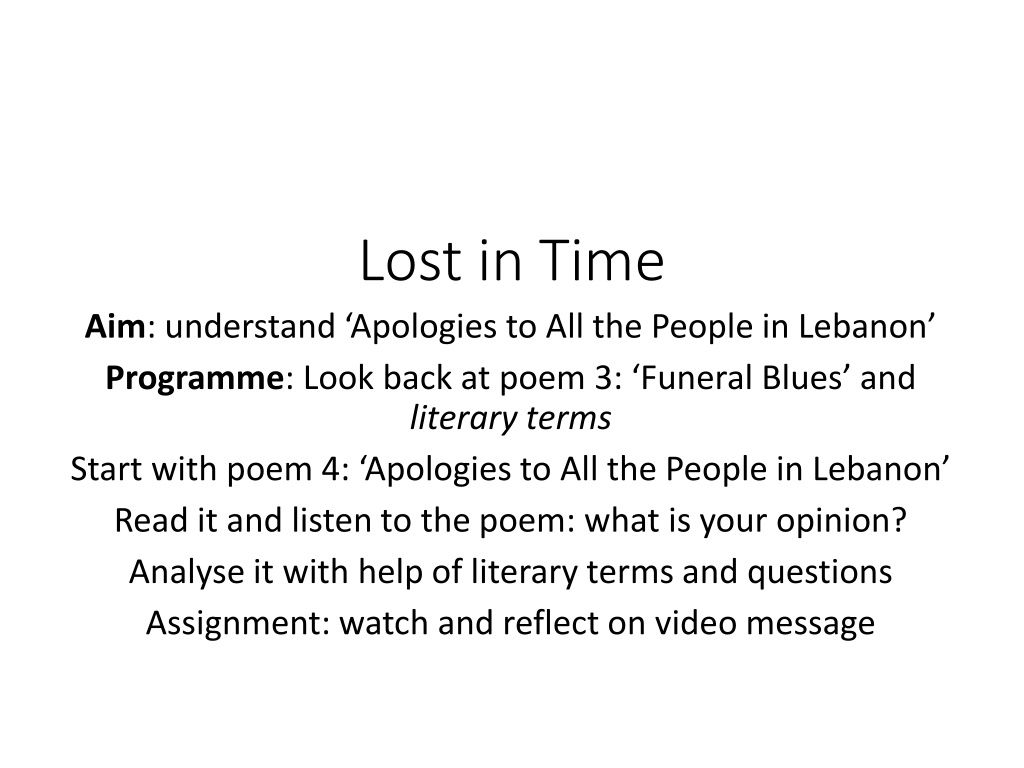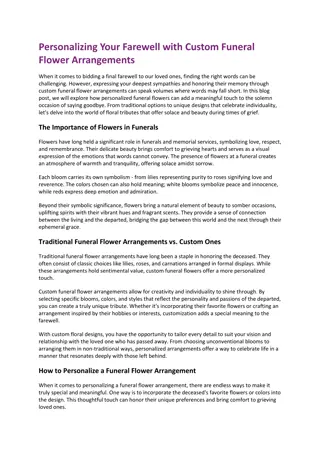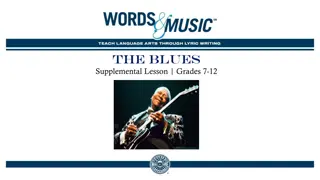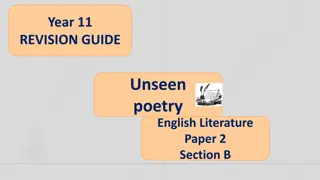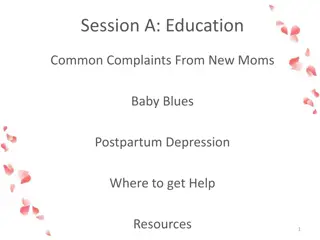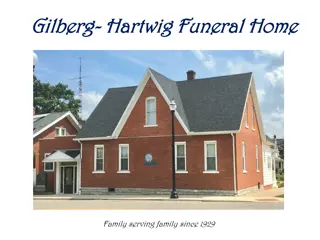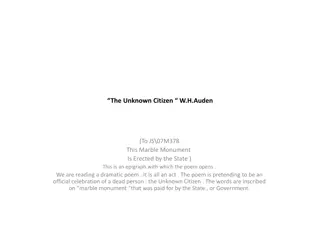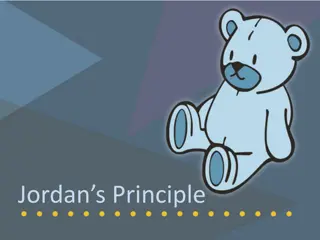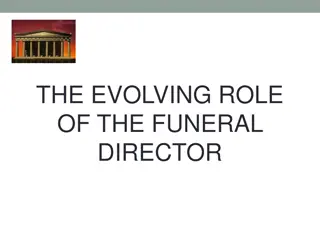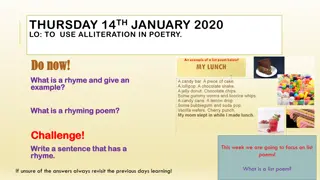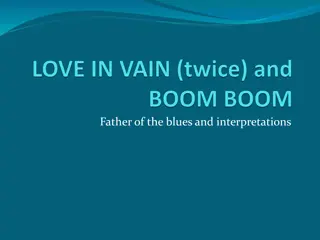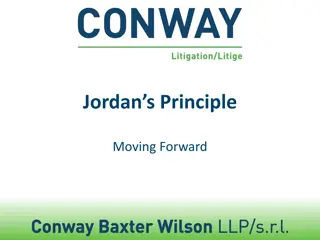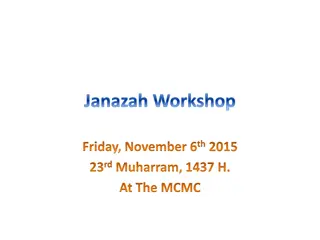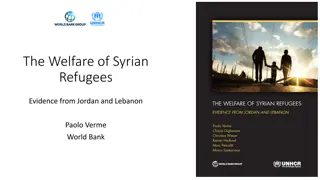Exploring Poems: Funeral Blues by W.H. Auden & Apologies to All the People in Lebanon by June Jordan
Delve into the analysis of two powerful poems - Funeral Blues by W.H. Auden and Apologies to All the People in Lebanon by June Jordan. Understand the metaphors, imagery, and literary terms used in Auden's iconic work and explore the significance of free verse and social commentary in Jordan's piece. Discover the historical contexts that shaped these poems and reflect on their enduring themes.
Download Presentation

Please find below an Image/Link to download the presentation.
The content on the website is provided AS IS for your information and personal use only. It may not be sold, licensed, or shared on other websites without obtaining consent from the author. Download presentation by click this link. If you encounter any issues during the download, it is possible that the publisher has removed the file from their server.
E N D
Presentation Transcript
Lost in Time Aim: understand Apologies to All the People in Lebanon Programme: Look back at poem 3: Funeral Blues and literary terms Start with poem 4: Apologies to All the People in Lebanon Read it and listen to the poem: what is your opinion? Analyse it with help of literary terms and questions Assignment: watch and reflect on video message
Looking back: Funeral Blues (W.H. Auden) Final check. 1. What do these lines mean metaphorically? Explain. He was my North, my South, my East and West Pack up the moon and dismantle the sun 2. This is imagery. What is imagery? Explain it. Some extra information about the poet W.H. Auden: Auden was a leading literary influencer in the 20th century. Known for his chameleon-like ability to write poems in almost every verse form, Auden's travels in countries torn by political strife influenced his early works. He won the Pulitzer Prize in 1948. (www.biography.com)
Assignment literary terms: Match the examples with the literary terms A-H. There are two terms too many. 1. The plane took off and immediately crashed because of lack of fuel. 2. The witch in a fairy tale 3. A storm of criticism 4. She looked like a dog that had been in the rain. 5. Father-daughter relationships 6. The struggles in the 70s in Northern Ireland A. B. C. D. E. F. G. H. Metaphor Setting Simile Theme Genre Plot Round character Flat character
Assignment literary terms: answers Match the examples with the literary terms A-H. There are two terms too many. 1. 2. 3. 4. 5. 6. E: plot G: Flat character H: Metaphor B: Simile C: Theme A: Setting
Intro to poem 4 by June Jordan: Apologies to All the People in Lebanon Poetry can also be free verse. What is that? Jordan begs us to trust one another and to tell the truth, and to read the world more closely, to learn the wisdom of those who came before, who resisted before, and loved before. says Monet. (American poet on https://www.alicejamesbooks.org/bookstore/were-on-a-june-jordan- reader) Background information: In 1982 two cities were massacred by the American people, causing Palestinian people to flee. It seemed misinformation but Jordan believed it was because of racism that these cities were massacred.
Some more background information: The 1958, the Lebanon crisis was a Lebanese political crisis caused by political and religious tensions in the country that included a United States military intervention. The intervention lasted for around three months until the President, who had requested the assistance, completed his term as president of Lebanon. American and Lebanese government forces successfully occupied the Port of Beirut and Beirut International Airport. With the crisis over, the United States withdrew. (Wikipedia)
Assignment: Apologies to Answer these questions: 1. Listen to https://www.youtube.com/watch?v=eEizgfGJ4Ps and read along. Look up difficult words. Find examples of alliteration and repetition. What is the effect? There is a strong use of they, you and I. Explain who is meant and what the effect is. Find a metaphor in the poem and explain its meaning. What is the general message of the poem? Choose an appropriate picture to go with this poem and say why you would choose that one (see slide 9). Check if you ve done all (close reading): Read at three levels at least: words and images literary terms deeper meaning 2. 3. 4. 5. 6. 7. 8.
Answers to questions 3 6: 3. Alliteration: said you shot, when that wasn t Repetition: the remark I didn t know and nobody told me they said, they said so. Emphasised that she felt she couldn t really know > emphasis of guilt 4. Use of they: the American government/the military troops / the American press You = the Palestinian people I = the poet, who stands for the American citizens who should have known but chose to ignore the truth 5. Metaphors: the noblest concept of mankind (ironic!), walk into the water 6. The general message is that the poet wants to apologise to the Lebanese people for the horrors that took place from 1948 to 1983. According to her the Americans were at fault but said they couldn t have known.
Assignment: watch the following video and answer the questions. https://www.washingtonpost.com/video/world/when-i-see-them-i- see-us/2015/10/15/c8f8aa40-72c2-11e5-ba14- 318f8e87a2fc_video.html?noredirect=on&utm_term=.5098ca3ac0c2 1. What is the connection between the poem Apologies to All the People in Lebanon and this video? 2. What is the theme? 3. Could you add any (personal) story or example that is not about Israel or Palestine, but does have a similar meaning? Try to summarise this as if written on a poster and explain. 4. Do you think poetry is an appropriate way to convey a political message? Why or why not?
